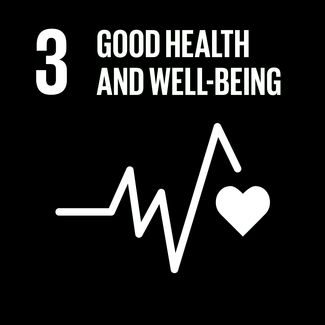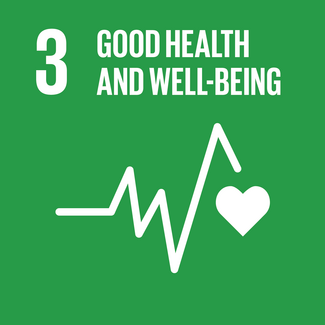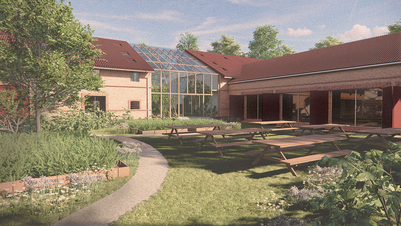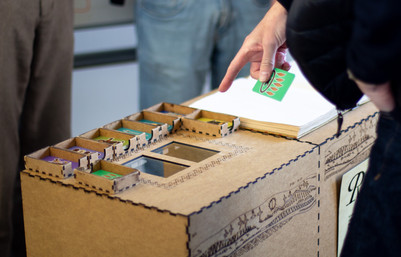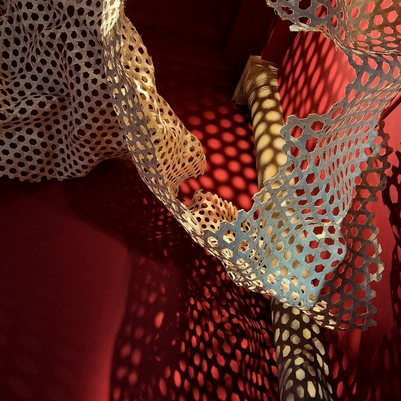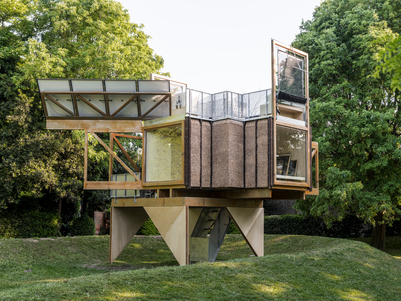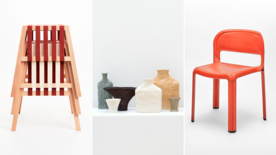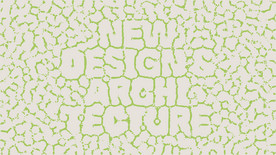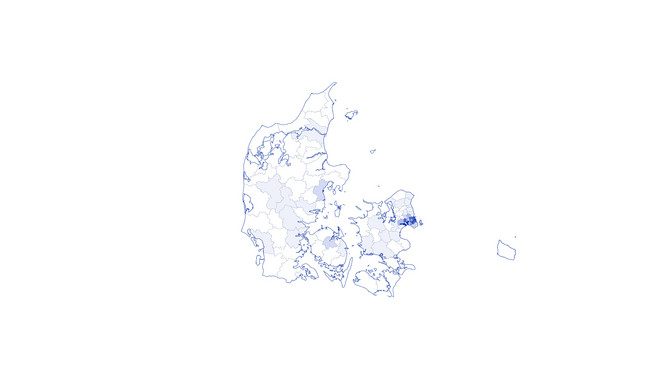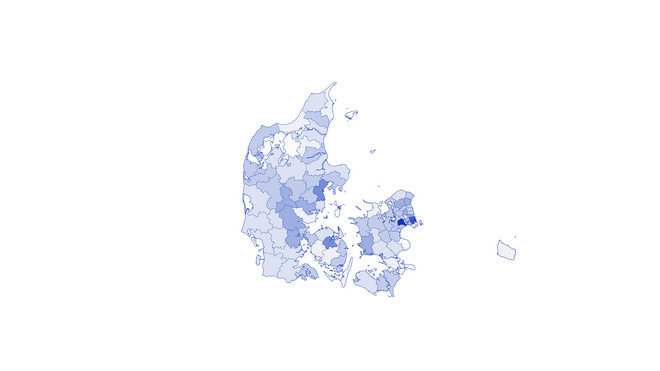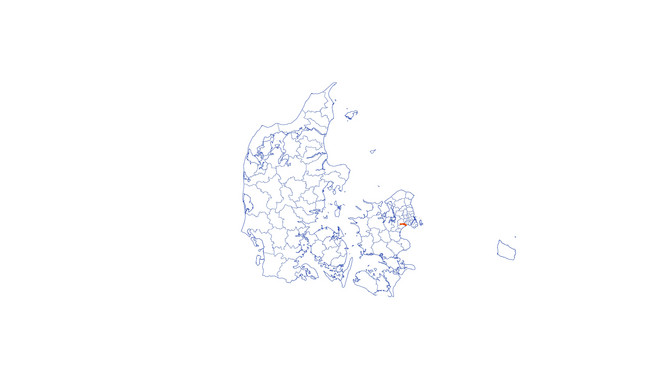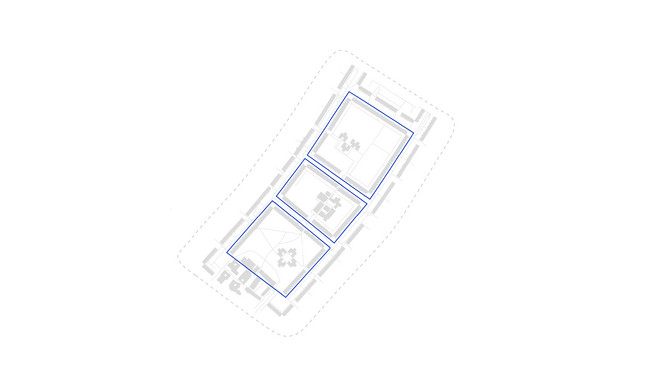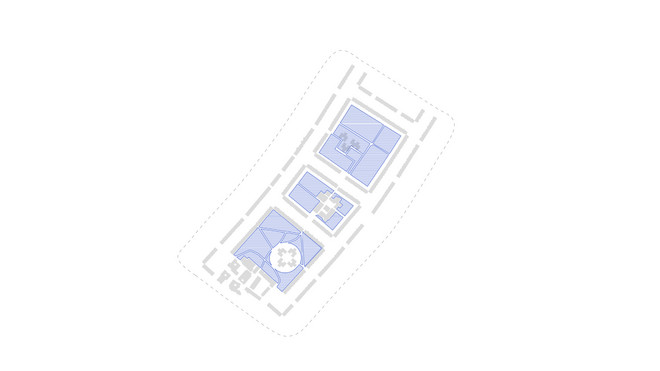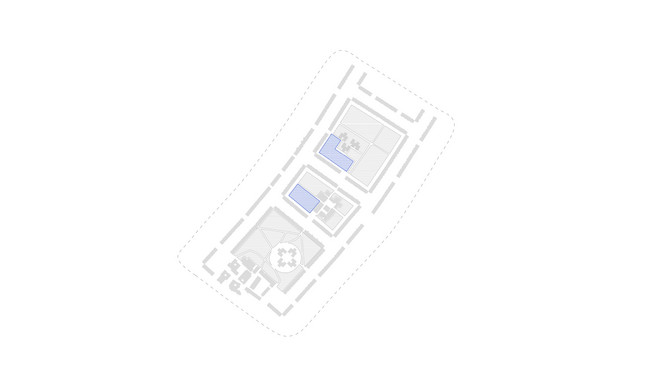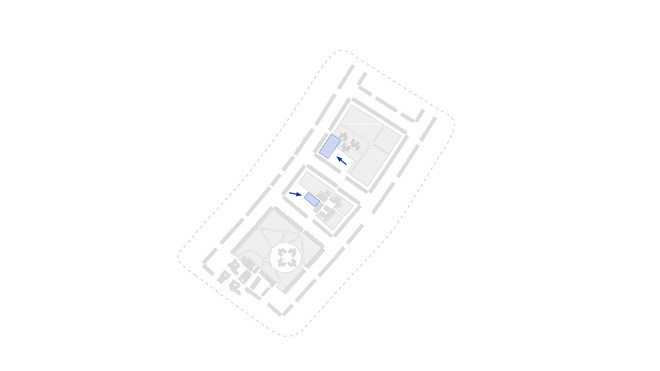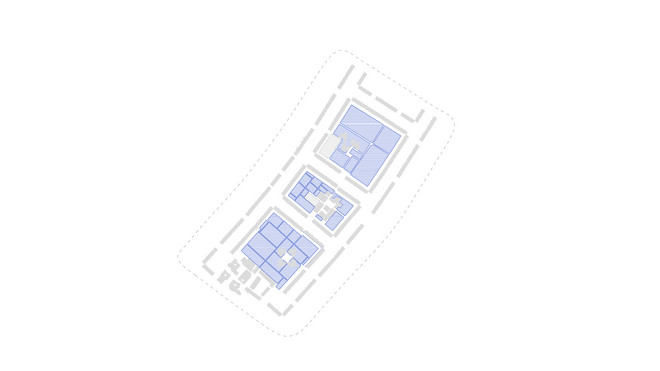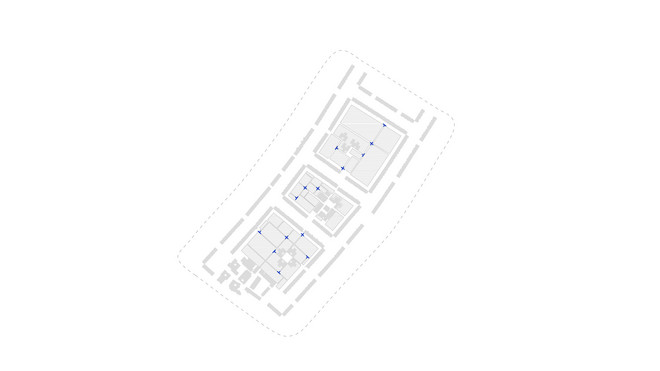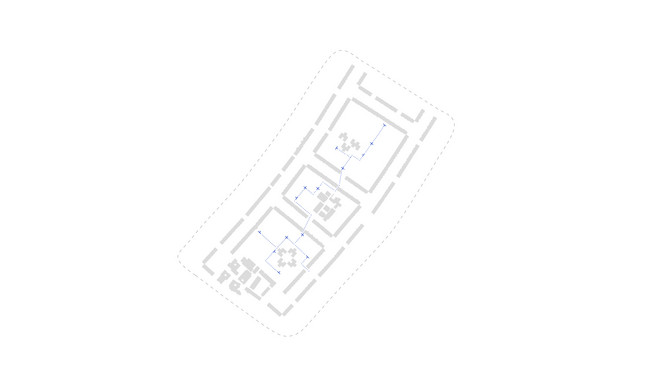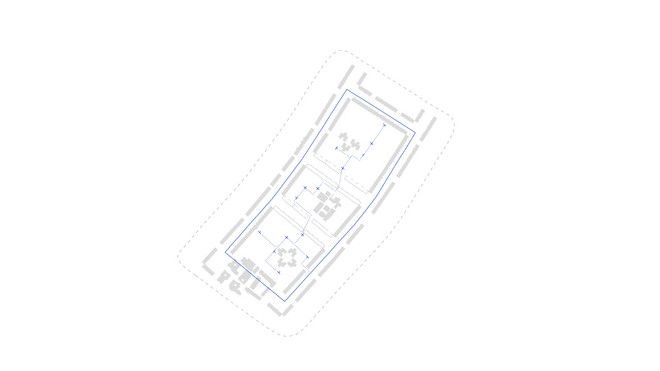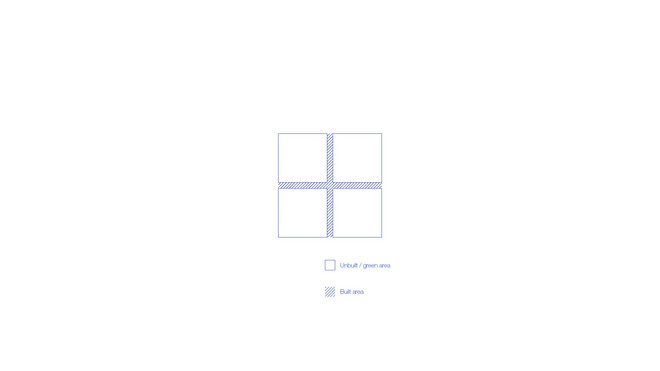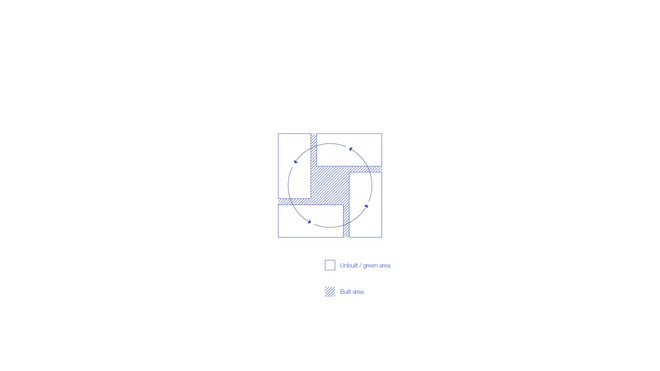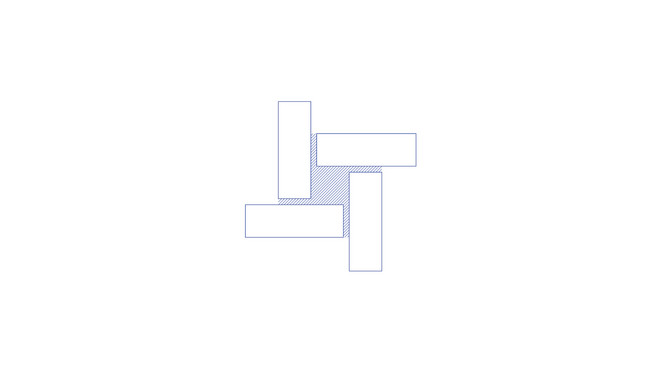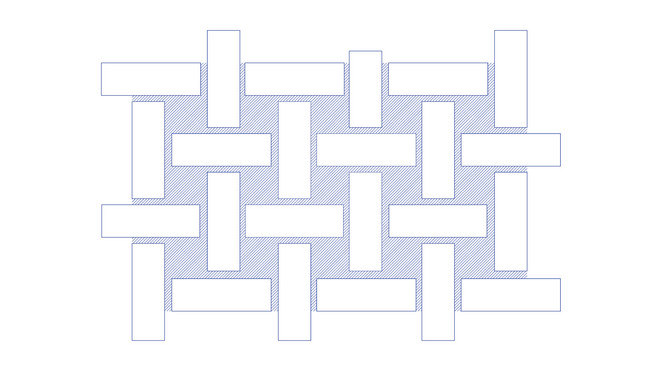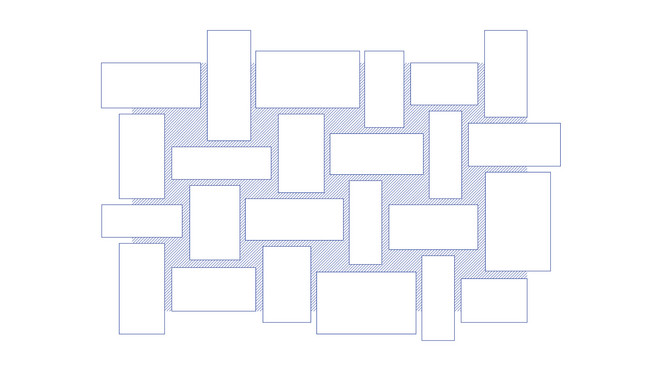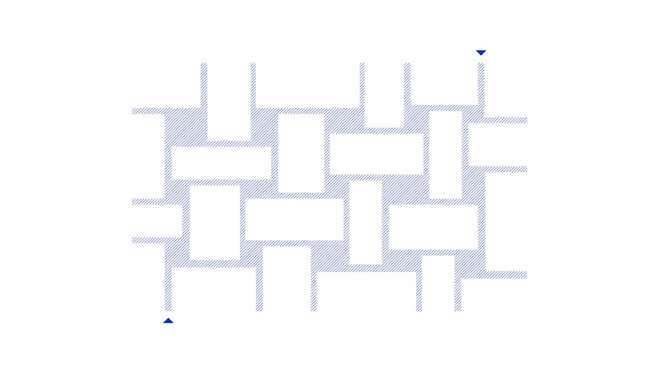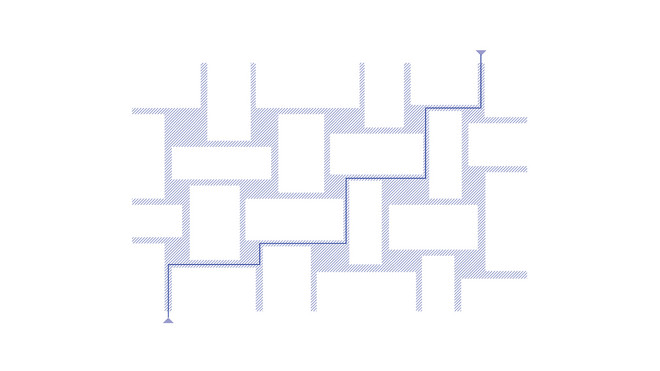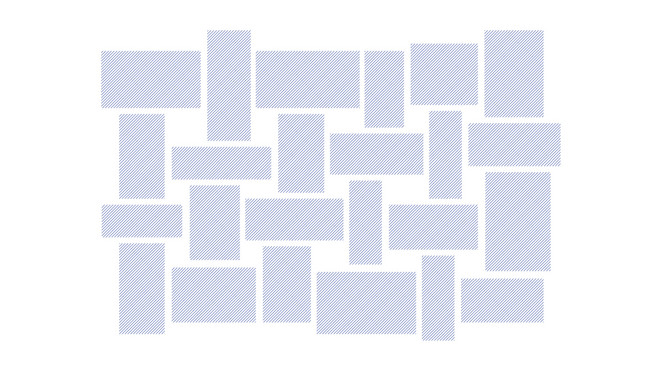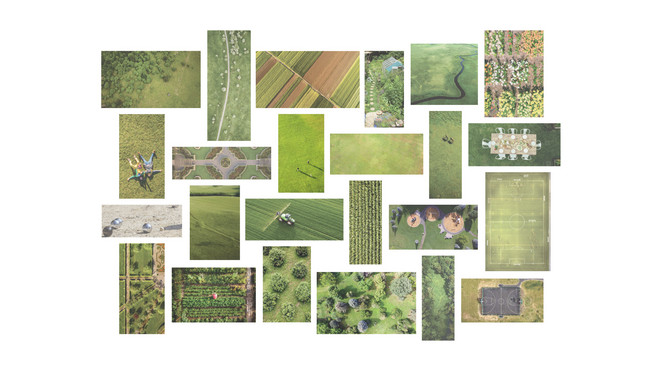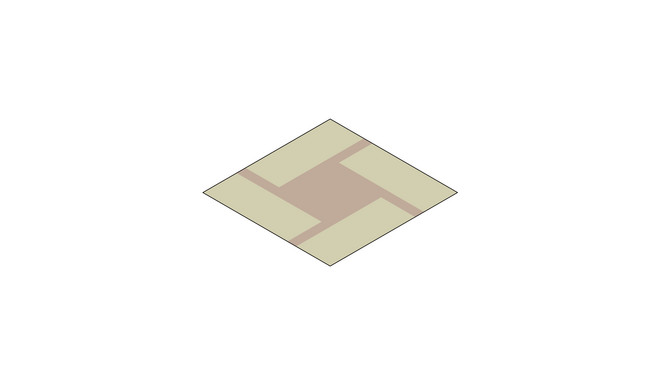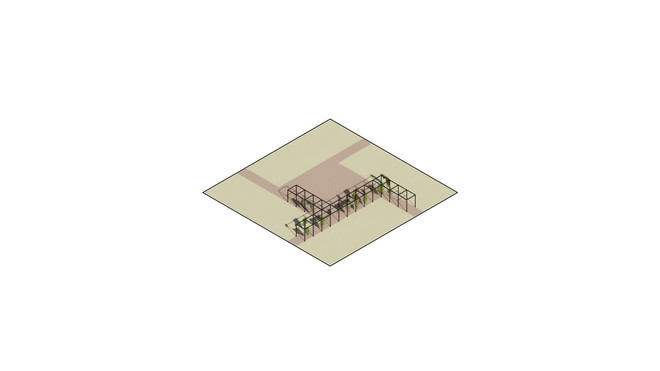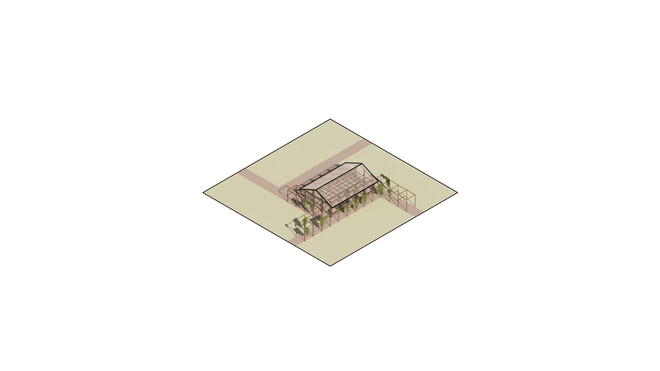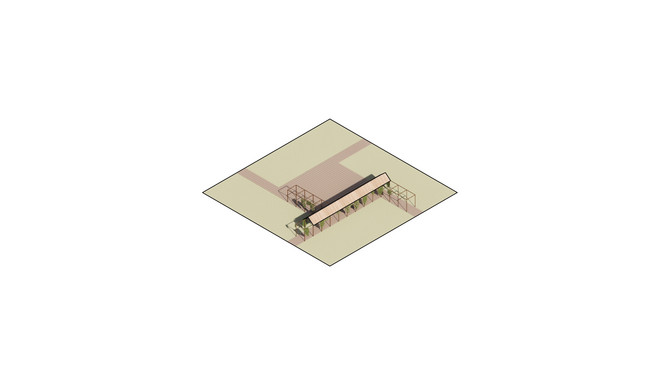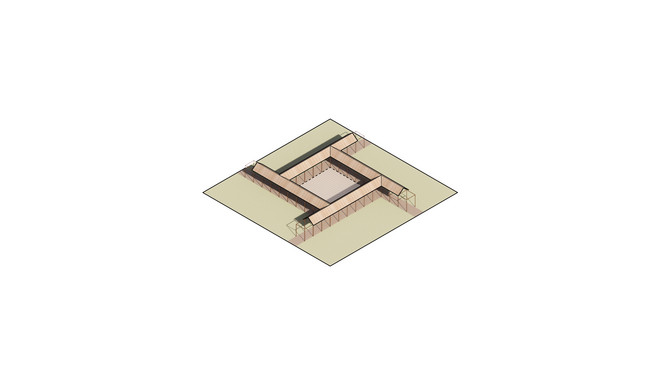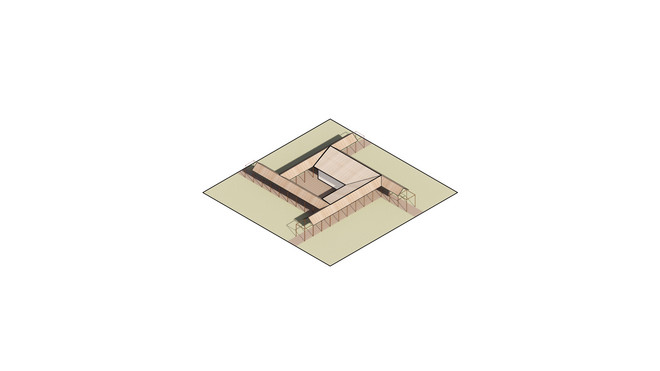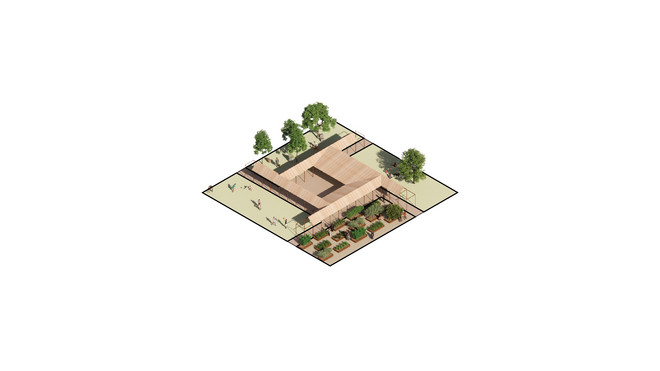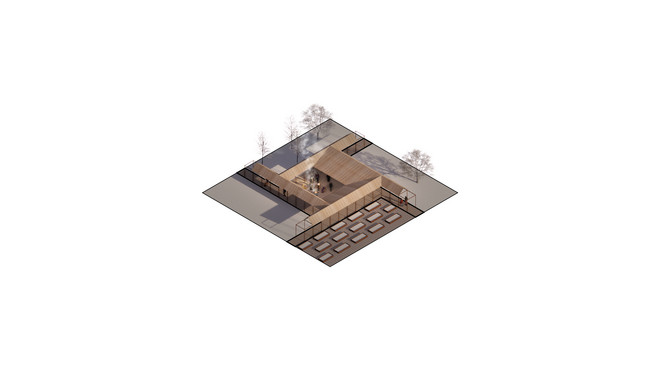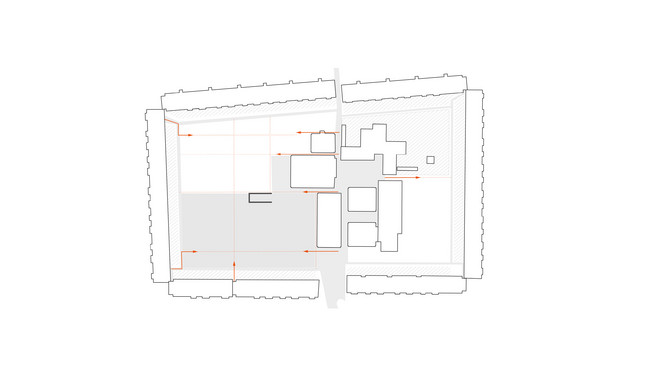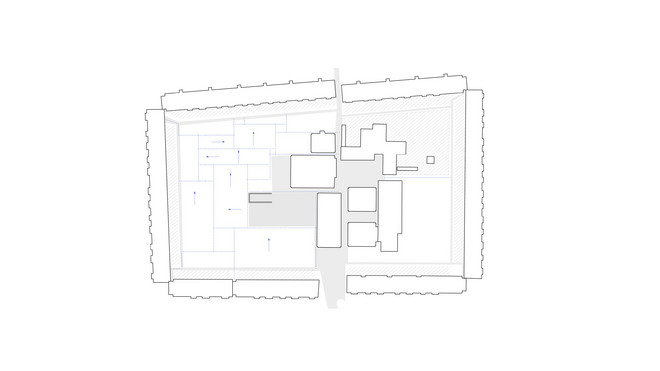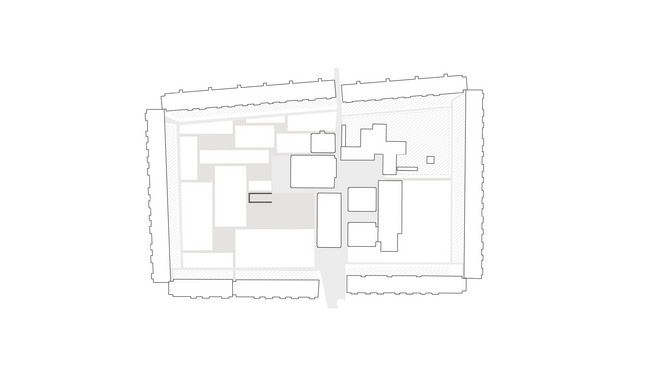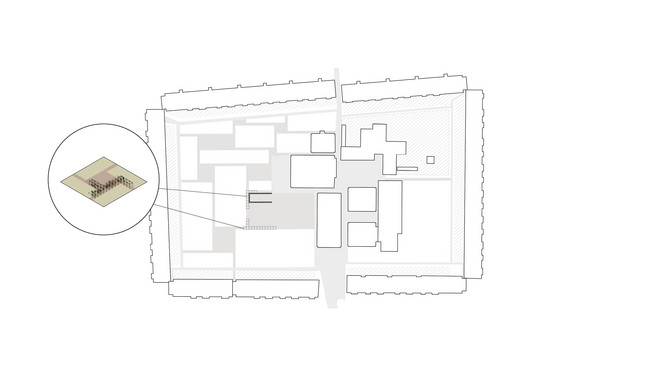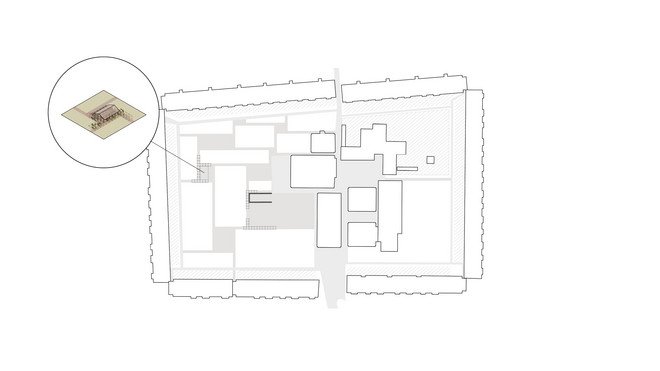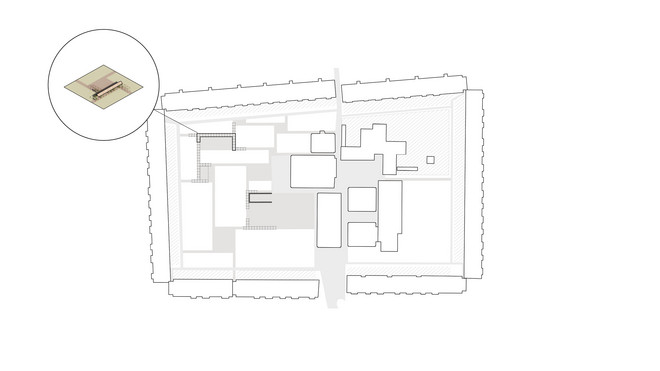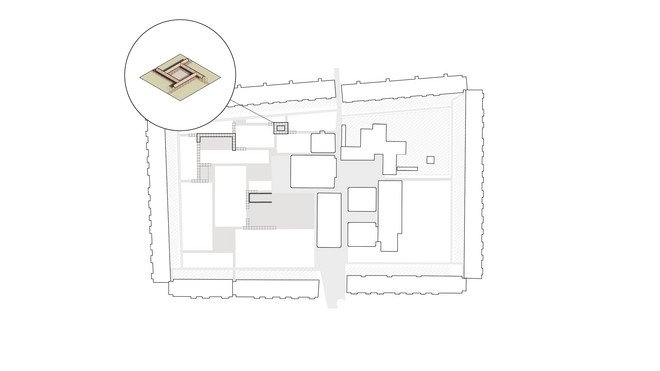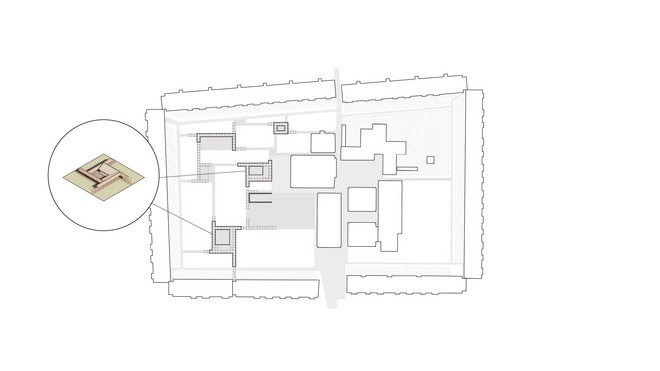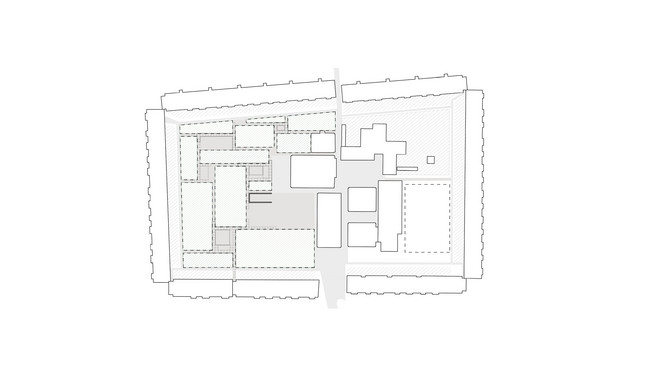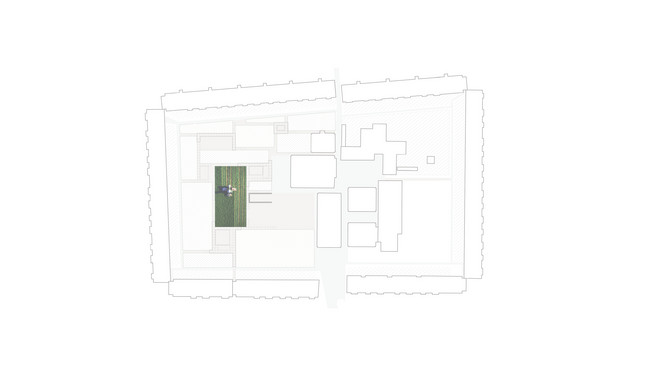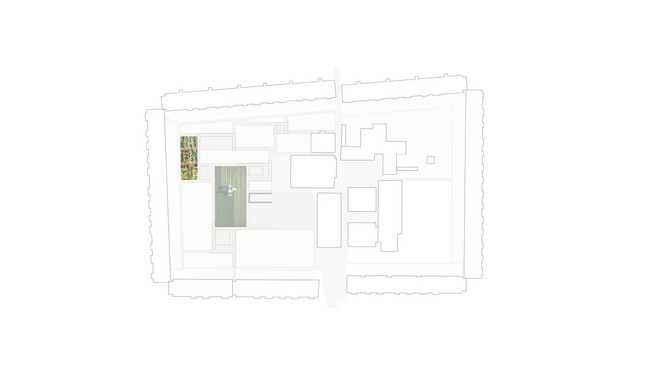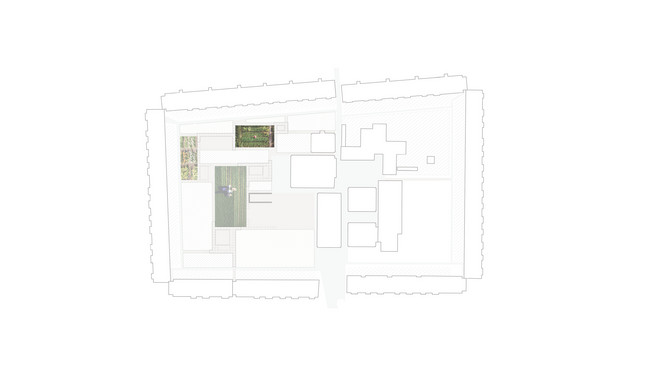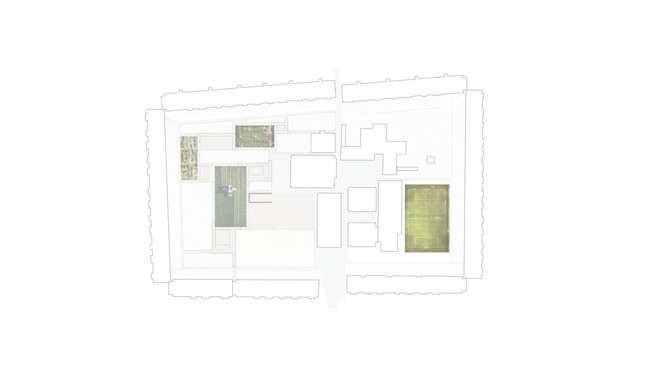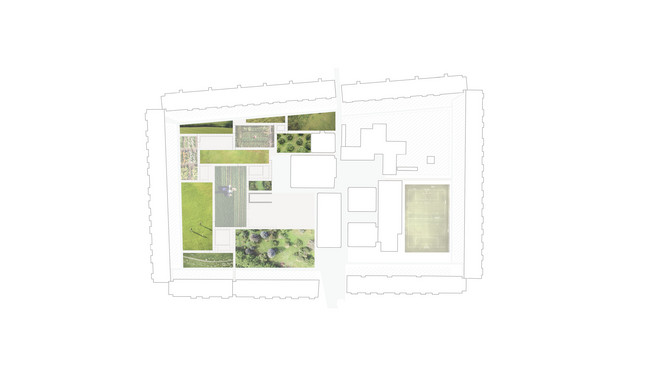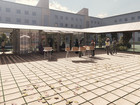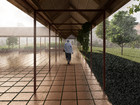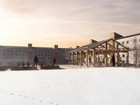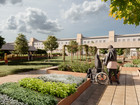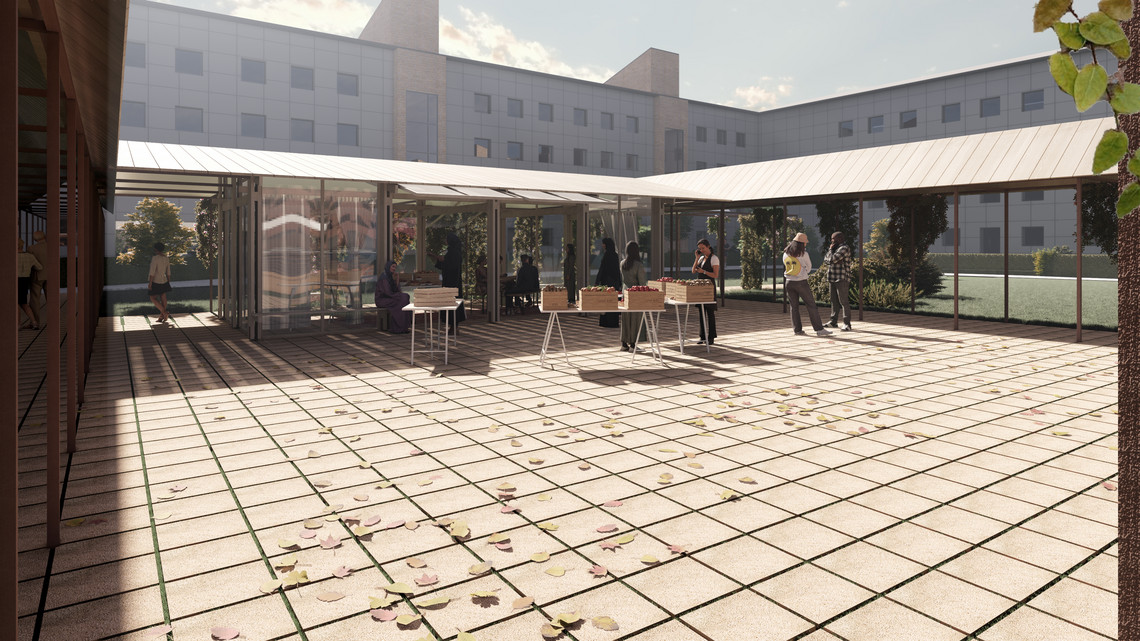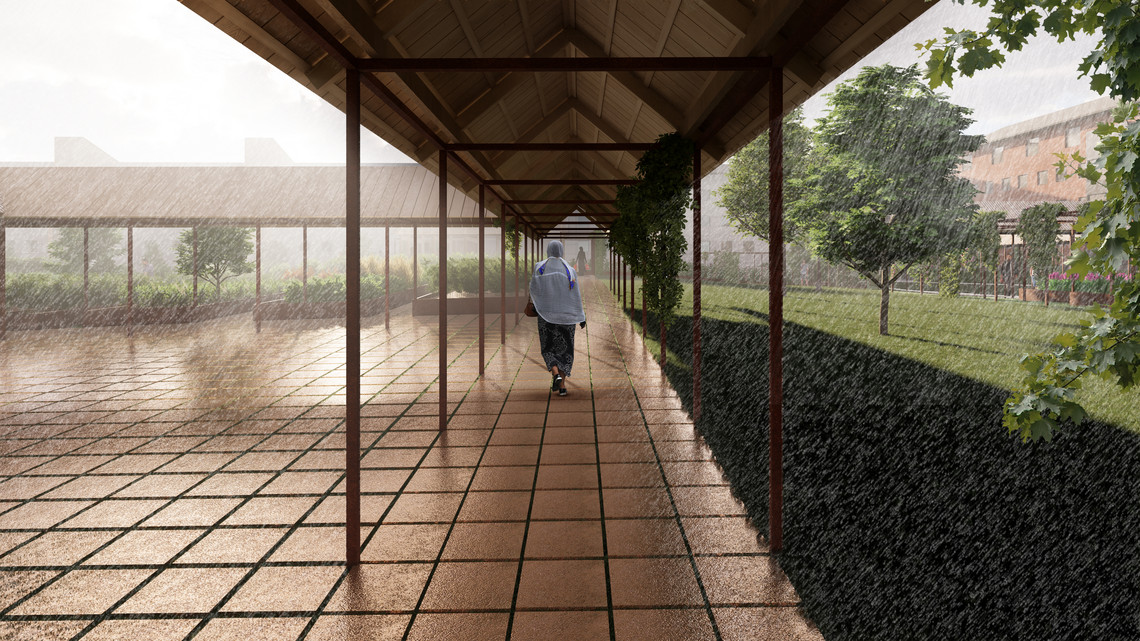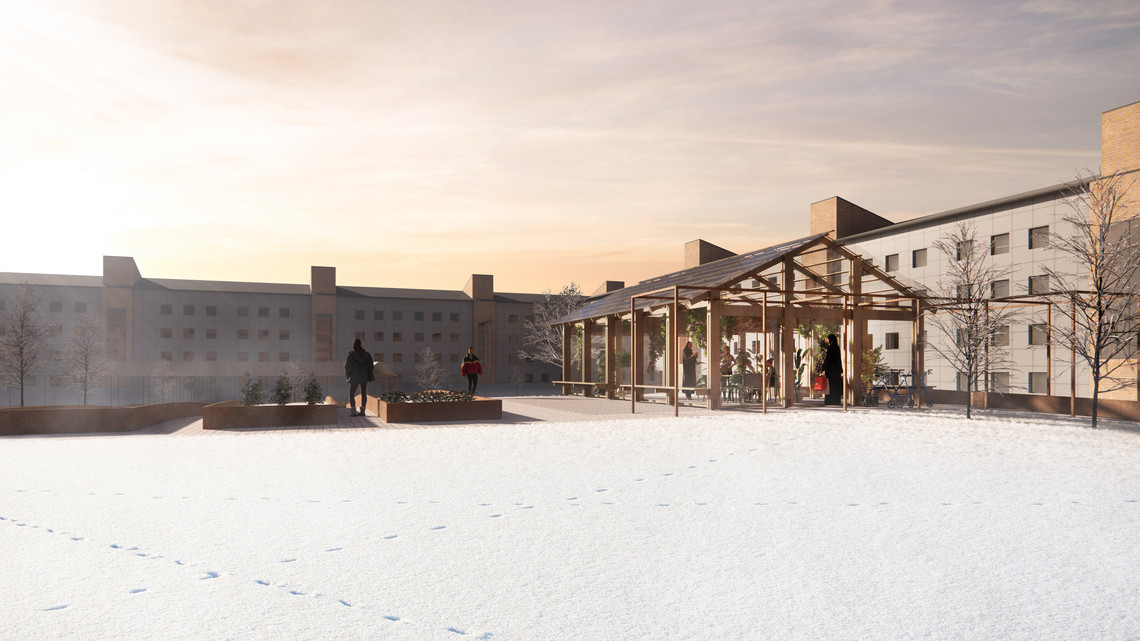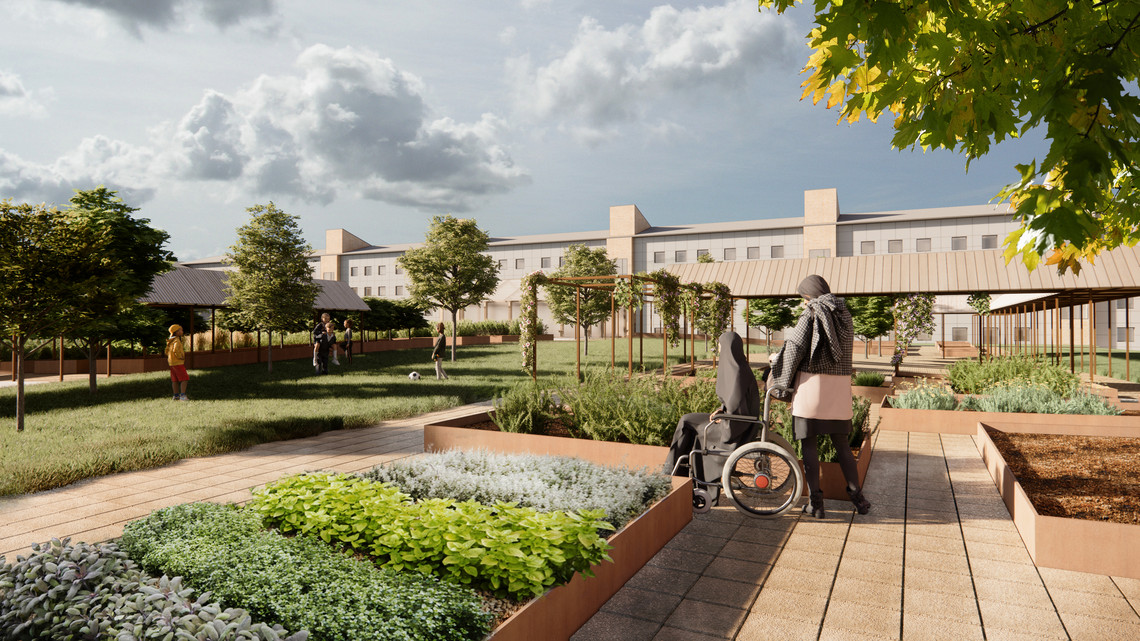
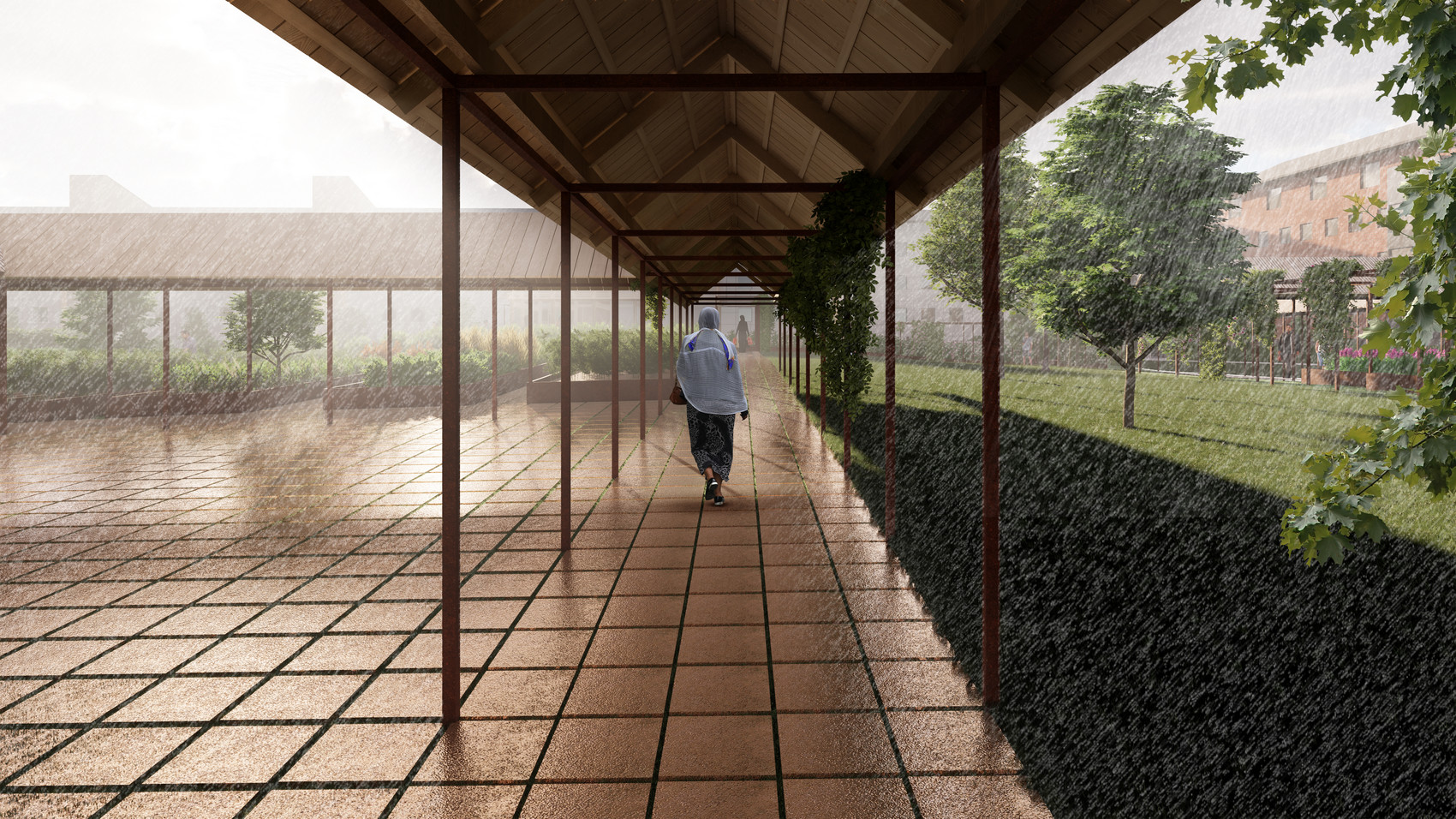
Care Beyond Home: How Urban Agriculture Could Reshape the Danish Welfare Scape
Based in a Danish social housing area, this project aims to address the potentials and challenges faced by Muslim minority families who provide internal care for their elderly members. To support these families, the project proposes integrating urban agriculture, which can provide employment opportunities for caregivers and explore the potential for extended care roles beyond the immediate family.
Over the past decade, the composition of the Danish population has undergone significant changes. From 2011 to 2020, the number of elderly individuals above the age of 65 increased by approximately 24%, rising from 934.000 to 1.156.000. This trend is expected to continue, with a particular minority group projected to experience significantly growth in the coming years.
As of 2022, the number of elderly individuals above the age of 65 with a “non-western” ancestry or descendancy in Denmark was around 32.000. According to projections from Statistic Denmark, this number is expected to rise to 59.000 in 2030, 100.000 in 2040 and 185.000 in 2060 – a 575% increase.
One notable difference between the “non-western” group and ethnic Danish group is their utilization of municipal services for elderly care, such as practical assistance, day-care and nursing homes. A report from 2009 in Copenhagen highlighted that only between 14-18% of “non-western” elderly were utilizing the care services offered by the municipality, compared to 40% of ethnic Danes. The main reason for this discrepancy lies in the differing perceptions of care between the two groups.
"Your Lord has commanded that you worship none but Him, and that you be kind to your parents. If one or both of them reach old age with you, do not say to them a word of disrespect, or scold them, but say a generous word to them. And act humbly to them in mercy, and say, ‘My Lord, have mercy on them, since they cared for me when I was small”
(Quran 17:23-24)
The term “western” and “non-western” is defined by statistic Denmark and is continuation of UN’s earlier definition of “more or less developed countries”. One prominent characteristic shared by the “non-western” group is their predominant religious affiliation, with a majority practicing Islam as their main religion. Within Islam, there is a general belief that the responsibility for caring for elderly relatives lies with the family. Consequently, many Muslim take on the role of caring for their older family members themselves, emphasizing the importance of an extended family structure. The extended family is a central aspect of Muslim culture, ideally providing stability, cohesiveness and both physical and psychological support.
However, in migrant situations, the extended family constellation may have been disrupted, resulting in a loss of social networks and resources that the extended family heavily relies upon. This can lead to loneliness for the individuals involved. Despite this, the Danish Social Service Act allows for internal care-taking through the ‘self-appointed helpers arrangement’. This arrangement enables families to provide care for their elderly relatives within their own households. While the arrangement allows for compensation and care by someone familiar to the elderly, who shares their language and preferences, the self-appointed helpers are rarely trained to provide adequate care for the elderly.
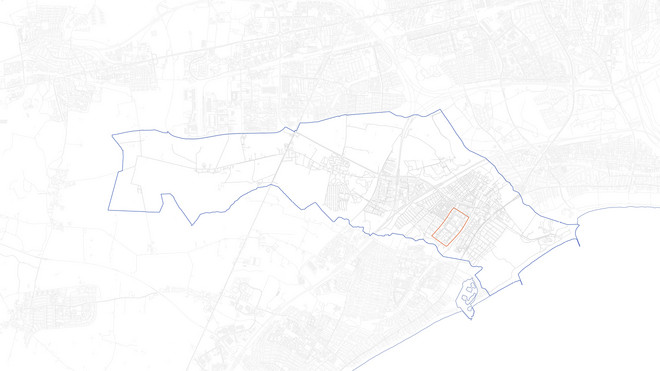
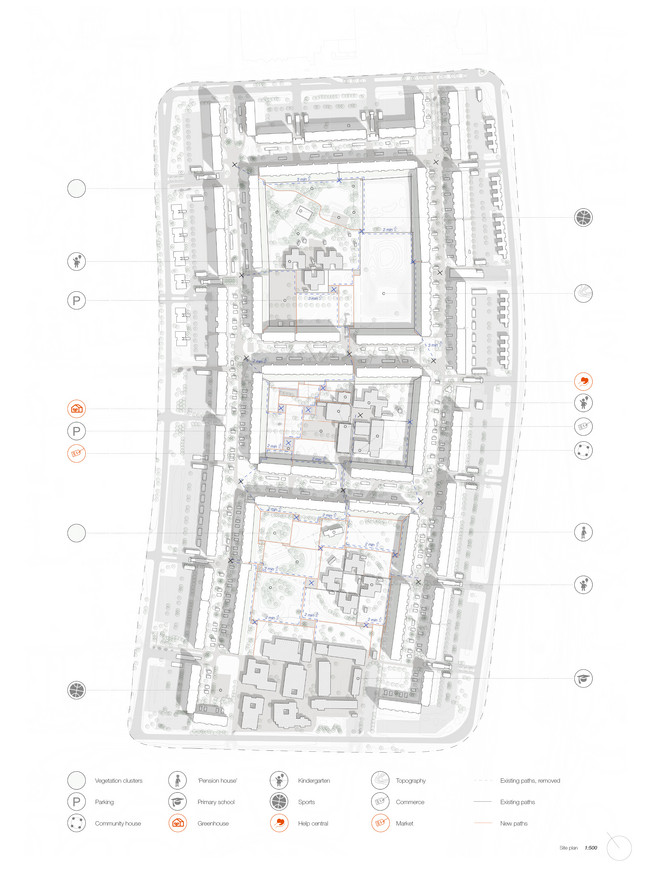
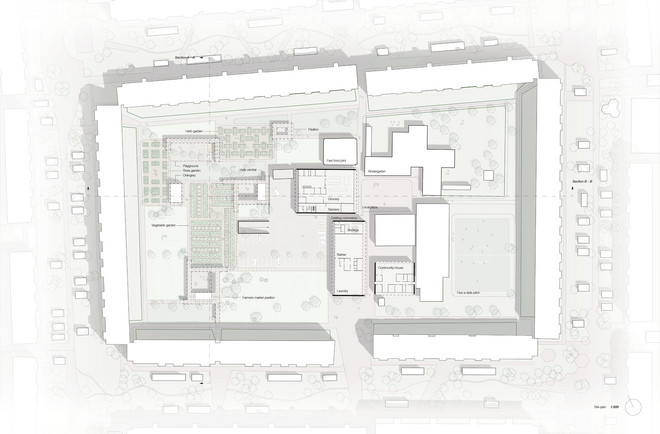


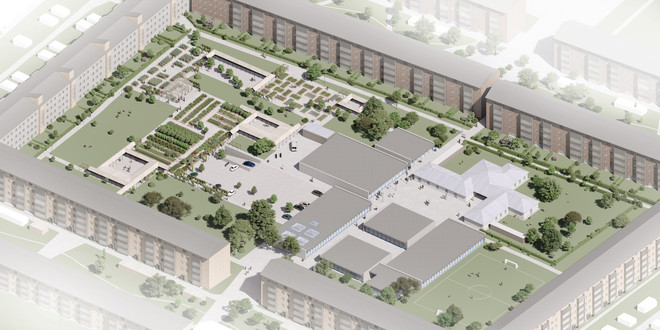
Det Kongelige Akademi understøtter FN’s verdensmål
Siden 2017 har Det Kongelige Akademi arbejdet med FN’s verdensmål. Det afspejler sig i forskning, undervisning og afgangsprojekter. Dette projekt har forholdt sig til følgende FN-mål